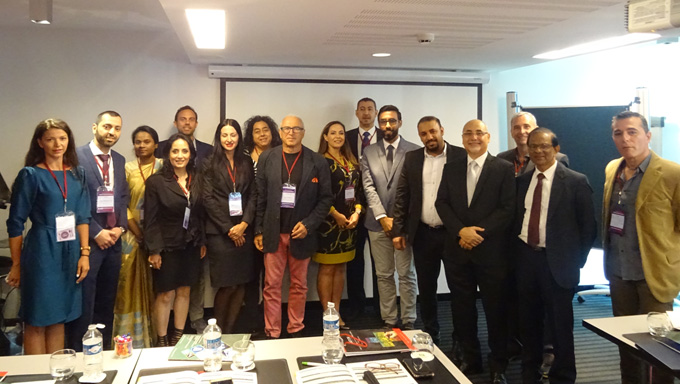

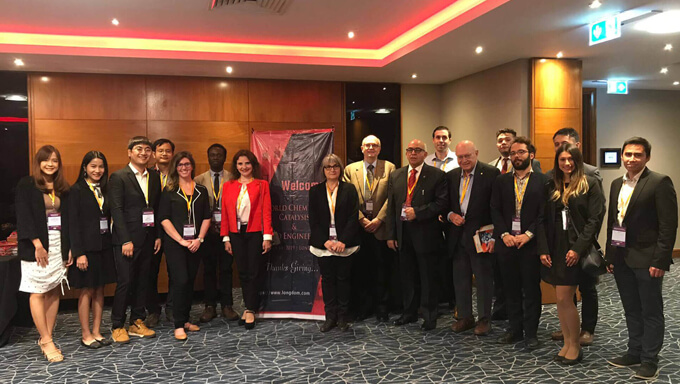
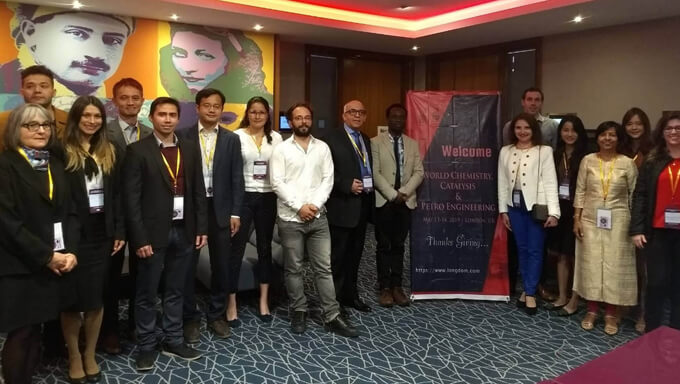
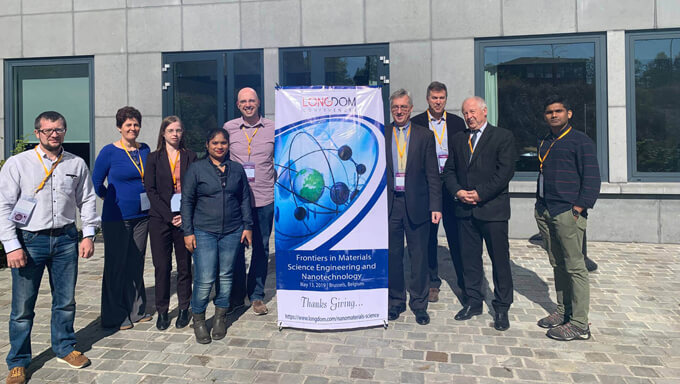
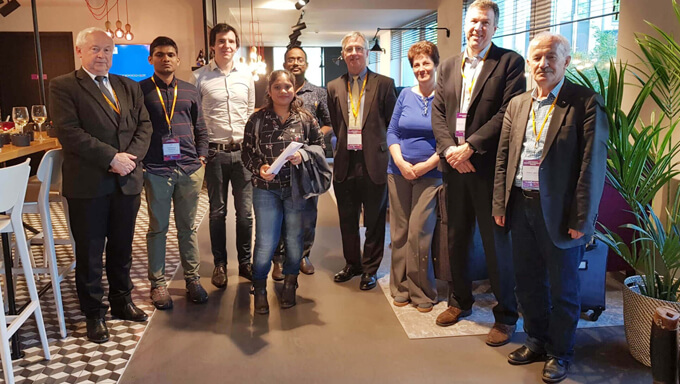
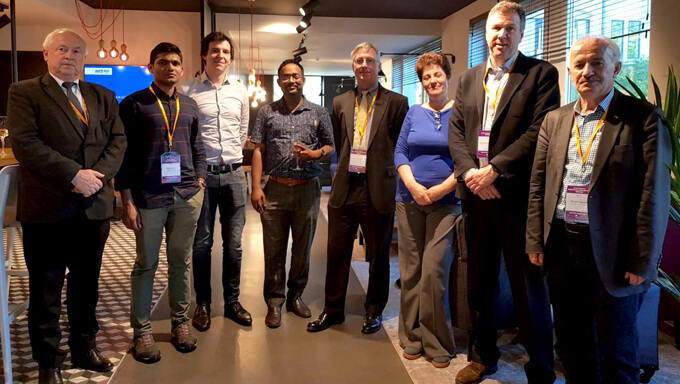
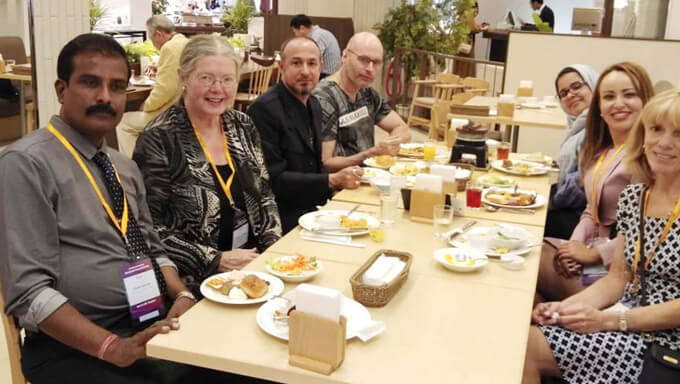
Smart nanoparticles are the particles of nanoscale which are capable of releasing more drug molecules to the surrounding environment upon stimulation. The stimuli include physical (temperature, light, magnetic field, and electricity), chemical (pH, and ions), and biological (enzymes, antibodies, and small molecules) components. The nanostructured drug delivery systems allows the development of novel platforms for the efficient transport and controlled release of drug molecules in the harsh microenvironment of diseased tissues of living systems, thus offering a wide range of functional nanoplatforms for smart application in biotechnology and nanomedicine.
The biological molecules such as deoxyribonucleic acid (DNA) have great potential in fabrication and construction of nanostructures and many nano scale devices. The very properties that make DNA so effective as genetic material also make it a very suitable molecule for programmed self-assembly.There are potential applications for DNA nanotechnology in nanomedicine, making use of its ability to perform computation in a biocompatible format to make "smart drugs" for targeted drug delivery, as well as for diagnostic applications.
Nanomaterials and Microfluidics has the potential to revolutionise medical diagnostics by allowing rapid testing potentially through identification of disease biomarkers at extremely low concentrations. Nanotechnology is considered a broad area of science that incorporates multiple scientific disciplines, and can be defined as the creation and manipulation of materials, systems, and devices at the nanometer scale. Biosensor technology in the field of medical diagnostics and drug discovery has resulted in cost-effective, rapid, reliable, and easy-to-use sensing platforms. It is used for the detection of cancer, cardiac problems, and neurodegenerative and infectious diseases with the hope of helping the integration of biomedical sensors into common clinical usage.
Nanotechnology means like nanocapsules, and nanoparticles are examples of uses for the detection and treatment of diseases.The significant interests of using nanotechnology in agriculture includes specific applications like nanofertilizers and nanopesticides to trail products and nutrients levels to increase the productivity without decontamination of soils, waters, and protection against several insect pest and microbial diseases.
Nanotechnology holds enormous potential for healthcare, from delivering drugs more effectively, diagnosing diseases more rapidly and sensitively, and delivering vaccines via aerosols and patches. Nanotechnology is the science of materials at the molecular or subatomic level. Application of nanotechnology in medicine currently being developed involves employing nanoparticles to deliver drugs, heat, light or other substances to specific types of cells. This technique reduces damage to healthy cells in the body and allows for earlier detection of disease.
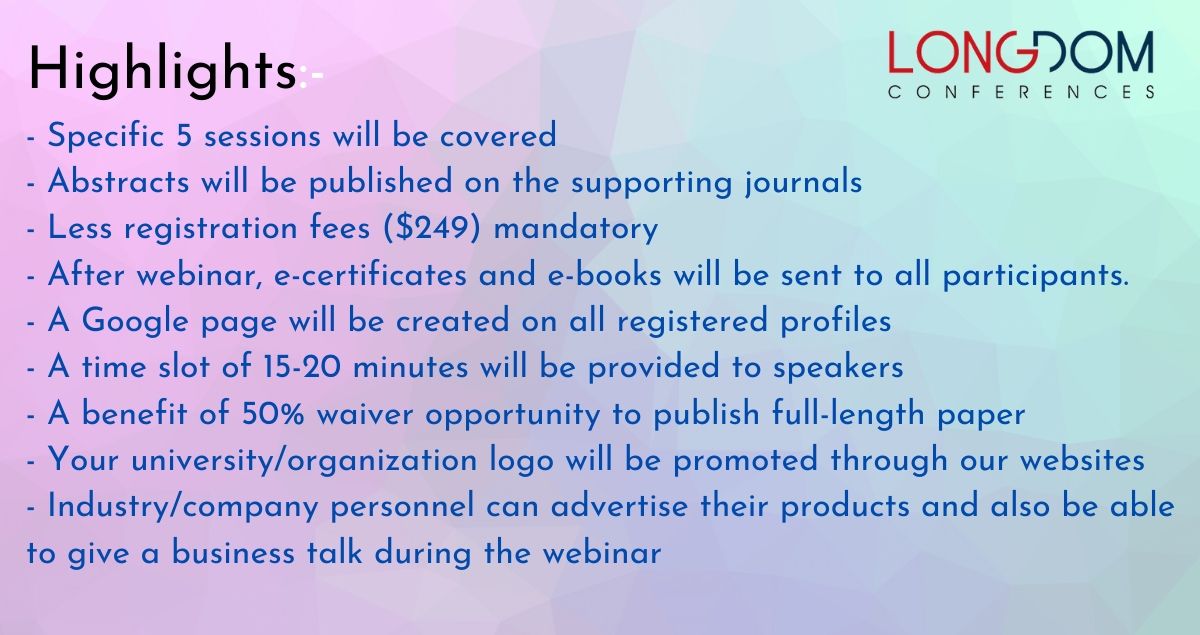
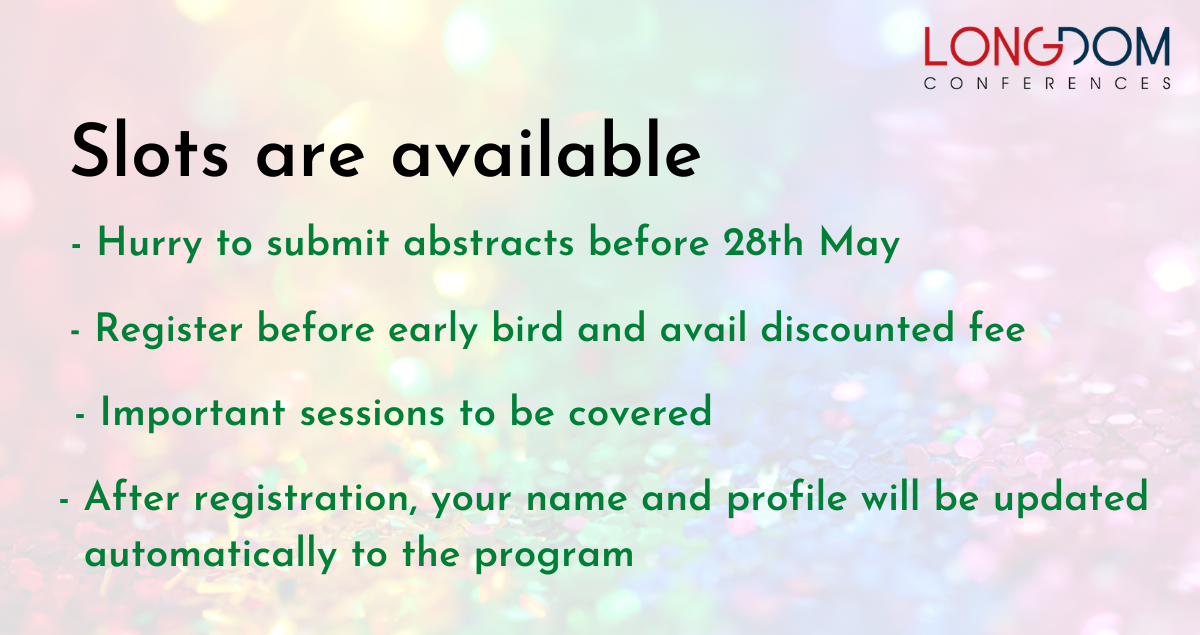
We let our ground-breaking work and our amazing clients speak for us…… LONGDOM conferences